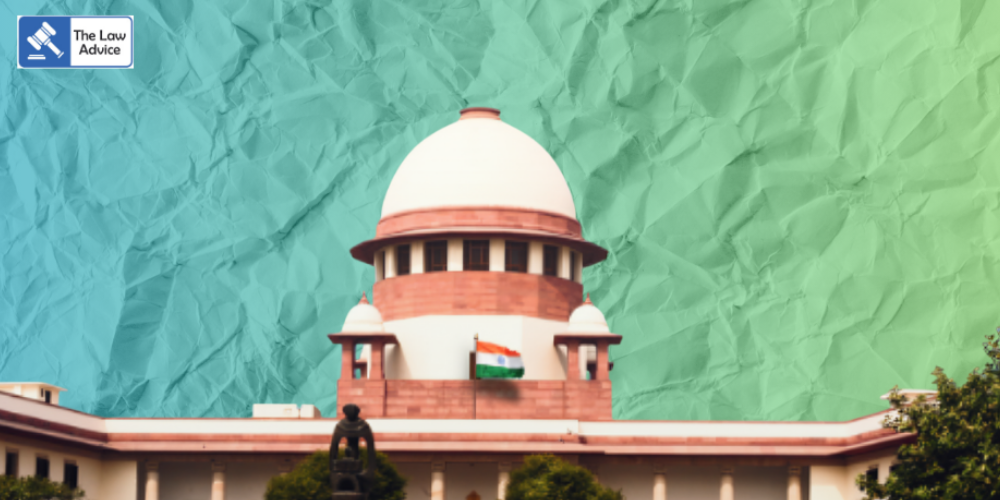
The Supreme Court on October 29 affirmed the conviction of a woman accused of murder, emphasizing that minor discrepancies in subsequent dying declarations do not weaken the evidentiary value of the first dying declaration, if it is found trustworthy, consistent, and corroborated by evidence.
A Bench of Justices Rajesh Bindal and Vipul M. Pancholi upheld the Gujarat High Court’s decision, which had reversed the trial court’s acquittal and convicted the appellant for setting the victim ablaze after pouring kerosene on her. The Court relied primarily on the victim’s first dying declaration, recorded by the attending doctor, noting its clarity, consistency, and corroboration by medical and documentary evidence.
The appellant-accused contended that the presence of three separate dying declarations, each differing slightly in details, warranted benefit of doubt and an acquittal. The prosecution, however, maintained that in cases involving multiple dying declarations, each must be evaluated on its own merits, and the reliability of one cannot be rejected solely due to variations in others.
Rejecting the appeal, Justice Pancholi, who authored the judgment, held that minor variations in subsequent statements do not dilute the authenticity of the first declaration, especially when it appears spontaneous and natural. The Court noted that the cause of death by burns was medically proven, reinforcing the truthfulness of the initial statement.
The Bench observed:
“Merely because there are minor discrepancies in the version given by the prosecution witness regarding the dying declaration and the occurrence of the incident, the first dying declaration given before the independent witness cannot be ignored. It is duly supported by independent documentary evidence.”
Consequently, the Supreme Court dismissed the appeal and upheld the conviction.
Related Judgments:
• Principles To Be Followed In Case Of Multiple Dying Declarations: Supreme Court Explains
• When There Are Contradictory Dying Declarations, Which One To Accept? Supreme Court Answers “Difficult Question”
Case Title: Jemaben v. State of Gujarat
Website designed, developed and maintained by webexy